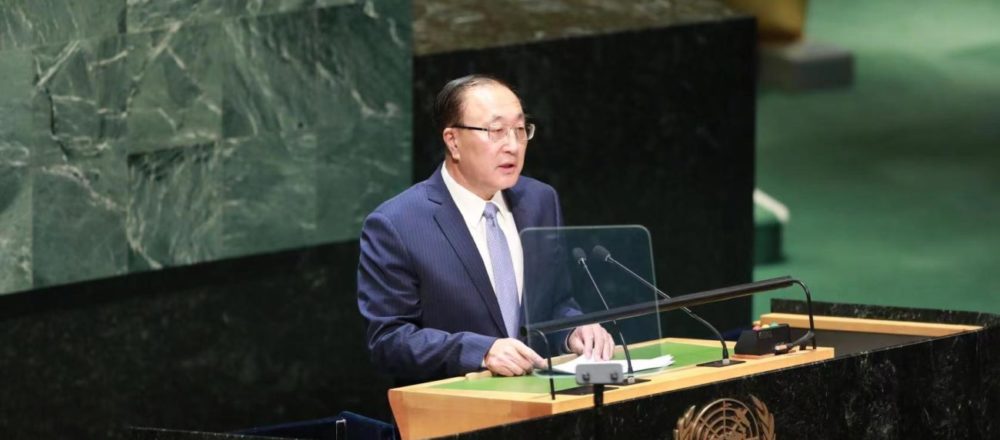A nation must think before it acts.
Editor’s Note: The People’s Republic of China asserts that UN General Assembly Resolution 2758—which gave Beijing the “Chinese seat” at the United Nations—adopts the country’s “One China Principle” and that member states thereby accepted that Taiwan is a part of China. With the annual UN General Assembly session underway and with China having issued an August 2022 “White Paper” on Taiwan issues, FPRI’s Asia Program hosted an online event on September 26 that took up these issues with Bonnie S. Glaser, the Director of the Asia Program at the German Marshall Fund of the United States; Jessica Drun, a Nonresident Fellow with the Atlantic Council’s Global China Hub; and Jacques deLisle, the Director of the Asia Program at FPRI and Stephen A. Cozen Professor of Law and professor of political science at the University of Pennsylvania.




